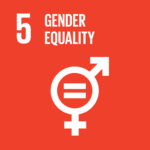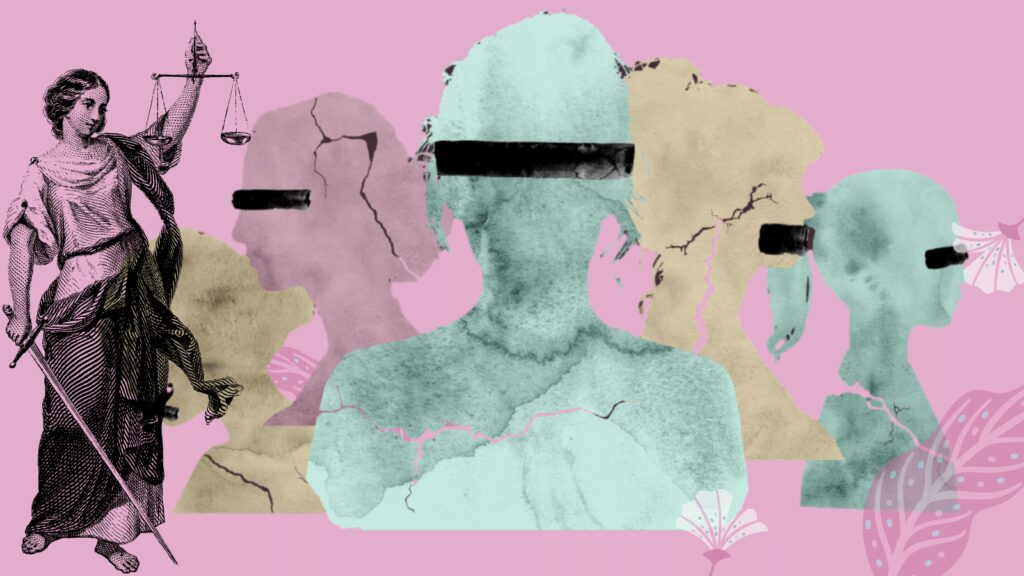Indonesian parliament passess sexual violence bill, a decade after activists first proposed legislation.
After nearly a decade, Indonesian lawmakers have passed a long-awaited law on sexual violence that would widen and clarify the legal definitions of the offenses and create a new framework for victims to seek justice.
RELEVANT SUSTAINABLE GOALS

The Criminal Acts of Sexual Violence Law
The Criminal Acts Of Sexual Violence Law makes Indonesia among the first Muslim-majority nations to have a dedicated law on sexual offences, which has often been regarded as a private matter. The legislative process was held up by conservative for six years. “This is a gift to all Indonesian women and the people of Indonesia,” said parliamentary speaker Puan Maharani, as she wiped a tear from her eyes.
In addition to acknowledging sexual violence as a punishable criminal act, the law has provisions for protection and recovery for the victims, which is lacking in Indonesia’s Criminal Code. The law also recognizes that men and children can also be victims of sexual violence. (The Criminal Code only recognizes rape and lewd crimes committed by men against women.)
The new law defines nine types of sexual assault, according to the Associated Press: “physical and nonphysical sexual harassment, sexual torture, forced contraception, forced sterilization, forced marriage, sexual slavery, sexual exploitation, and internet sexual harassment.”
The final draft of the law includes prison terms of up to 12 years for crimes of physical sexual abuse, both in marriage and outside, and four years for circulating non-consensual sexual content. Perpetrators of sexual exploitation face up to 15 years in prison. The law also carries a maximum term of nine years for forced marriage, including child marriage.
Violence against women up amid pandemic
Complaints of violence against women have risen significantly by an average of 14 percent in each of the past five years. According to data compiled by the National Commission on Violence Against Women, violence against women jumped over 50% to 338,496 in 2021.
For women victims, people often ask biased questions such as ‘What clothes were you wearing?’, ‘Why didn’t you scream?’ and ‘Did you give permission?’. When men are victims of sexual violence, their masculinity is questioned, and they often face bullying since there are harmful myths that men are unlikely to be raped or victimized. Men who are sexually assaulted are stigmatized as weak or gay if they were assaulted by a male; however, if they were assaulted by a female, they might be criticized for not wanting to consent or not being able to defend themselves. People often ask why they didn’t fight back and were weak.
Furthermore, social stigma also comes from law enforcement officers that have not received appropriate gender sensitivity training to deal with sexual violence cases. In parallel with passing the bill on sexual violence, there is a need to increase public awareness that sexual violence is not about sex – it is about power and violence.
Once again, congratulations to all of us. May this be our first step to fighting sexual violence together.
You may also be interested in :
Daughters Of Tomorrow On A Mission To Help Single Parents Via Community-bAsed Childminder


